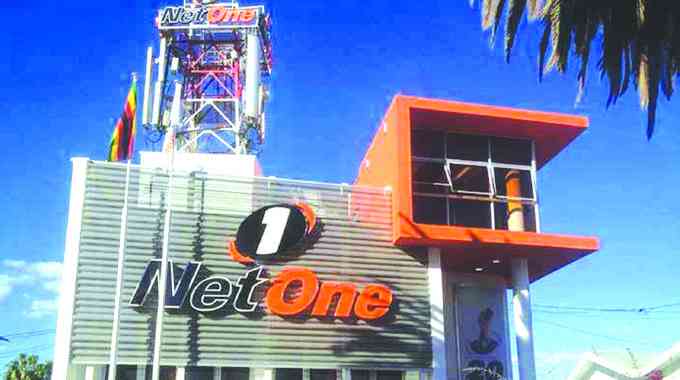
THE Reserve Bank of Zimbabwe (RBZ) should invest more in methodologies that will enable people to regain trust of the apex bank, following its quasi-fiscal policies in 2008, which resulted in hyperinflation, a researcher has said.
BY MTHANDAZO NYONI
Giving remarks at a Bond Notes Lecture Series at the National University of Science and Technology (Nust) in Bulawayo on Monday, keynote speaker, Nqobizitha Dube said that the people had lost confidence in the central bank.
As such, he said, the apex bank should reform itself.
“We don’t trust the system. You have to invest in methodologies that will make us trust you. The social contract is seriously broken,” he said.
Dube, a lecturer at Nust, said people were sceptical of bond notes because the RBZ was associated with corruption and lack of integrity.
“There are allegations of cases of corruption, which have been taking place. There are allegations of economic mismanagement and there are other allegations that people have not been happy with,” he said.
Dube said people were still stuck in the 2008 era, which saw them losing all their savings after the central bank, under then governor, Gideon Gono, went on a bearer cheque printing spree, triggering hyperinflation.
- Chamisa under fire over US$120K donation
- Mavhunga puts DeMbare into Chibuku quarterfinals
- Pension funds bet on Cabora Bassa oilfields
- Councils defy govt fire tender directive
Keep Reading
“It is, therefore, critical for the messenger (RBZ) to understand that the people still remember what happened,” he said.
Dube said the RBZ could have hired the International Monetary Fund or any other reputable institution to spread the bond notes message to the public. As such, the introduction of the bond notes has stoked fears of a return of hyperinflation similar to 2008.
Dube also said there was lack of clarity on the credit facility.
“I think there was need for African Export Import Bank [Afreximbank] to come out in the open about the facility,” he said.
The bond note, which is valued at 1:1 against the US dollar, started circulating in the market on Monday. It is said to be backed by a $200 million Afreximbank loan facility.
The public lecture was held in conjunction with Alpha Media Holdings, Nust and RBZ.
AMH are publishers of NewsDay, The Standard and the Zimbabwe Independent.











